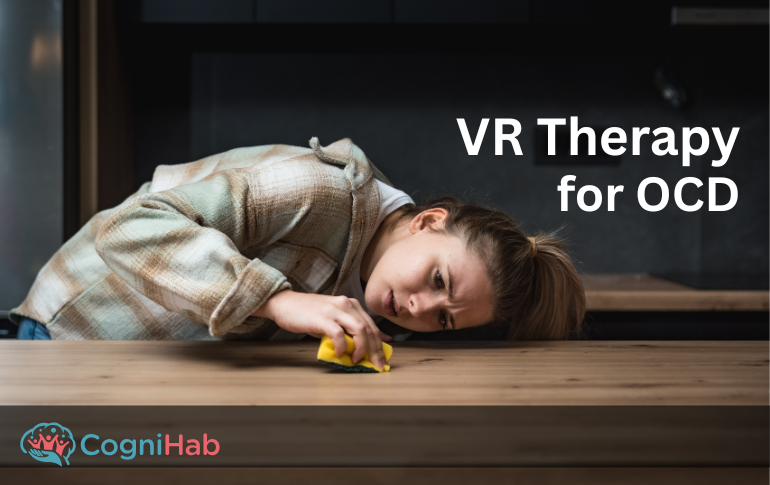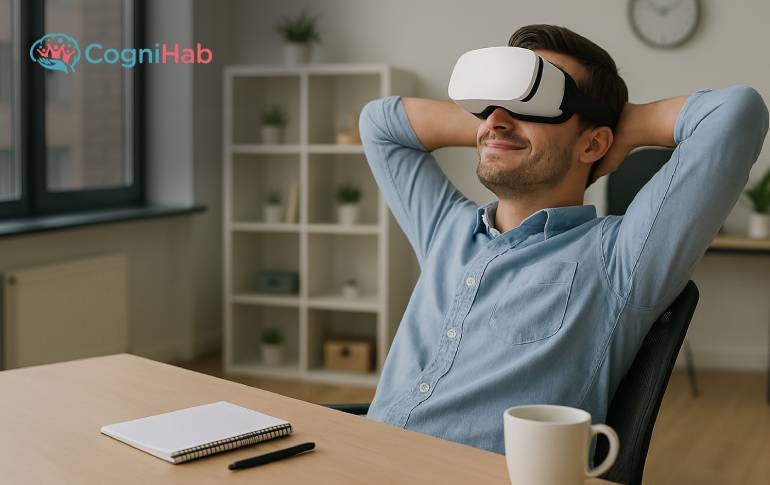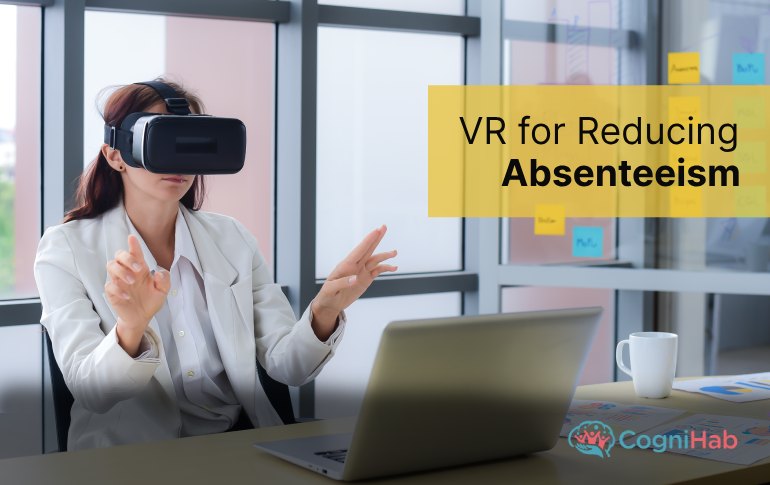Virtual Reality Therapy for OCD: A Clear and Simple Guide
The cycle of OCD can feel endless, trapping individuals in repeated thoughts and rituals. Virtual Reality Therapy offers a structured, step-by-step approach that helps patients gradually face their fe
...






